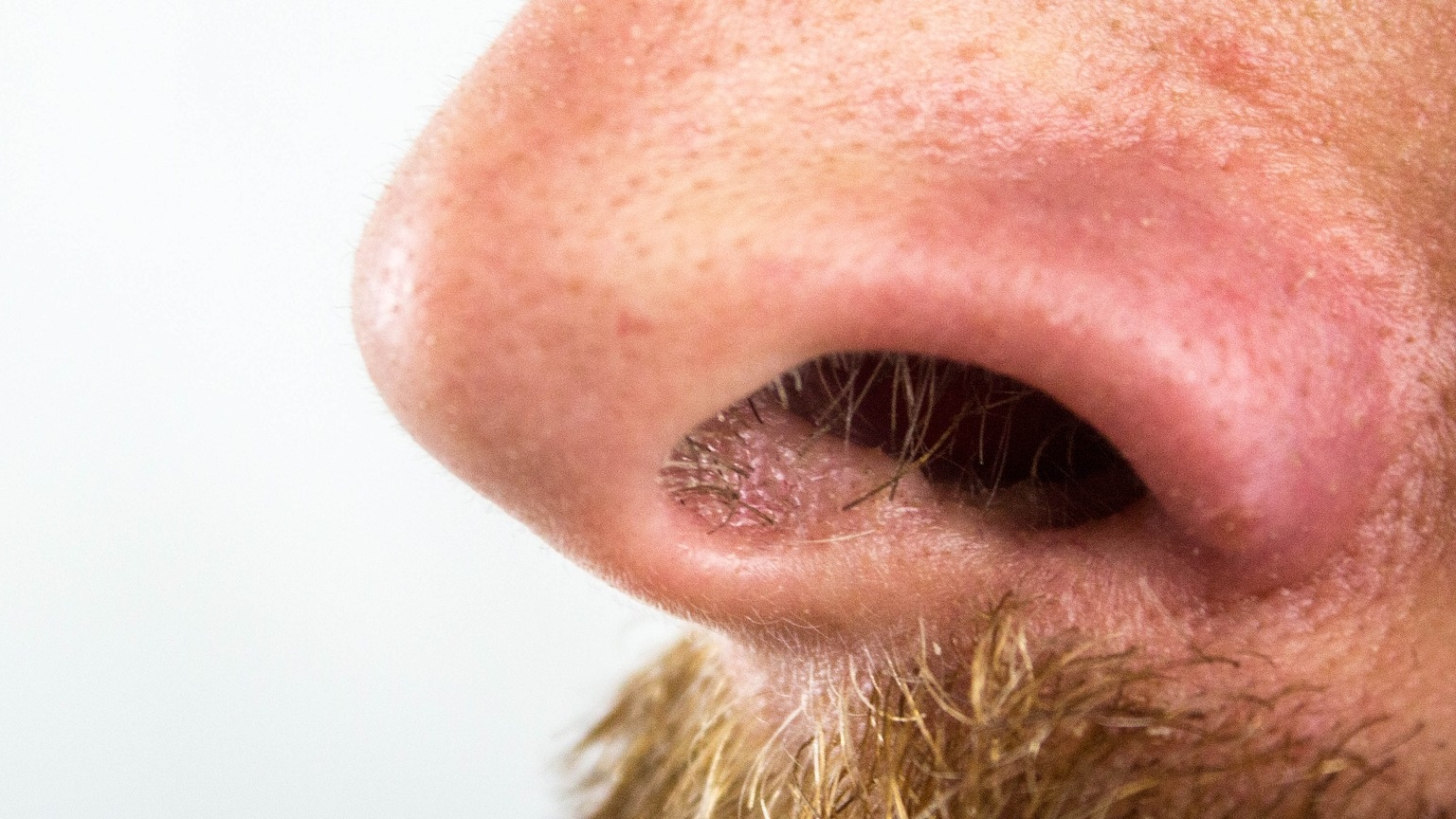Coronavirus: how smelling tests could nose out undetected Covid-19 cases
Research suggests loss of smell may be a better infection indicator than fever

A free daily email with the biggest news stories of the day – and the best features from TheWeek.com
You are now subscribed
Your newsletter sign-up was successful
Scientists are calling for smelling tests to be installed in workplaces and airports worldwide as a means to identify people infected with coronavirus.
A new study on Covid-19 symptoms suggests that smell is a stronger indicator of Covid-19 than fever. And the researchers, from Kings’ College London (KCL), believe this finding should be utilised to “detect new cases, reduce infections and save lives”, reports The Times.
In a letter to The Lancet, the team say that according to their analysis, testing for loss of smell and taste “will help trace almost 16% of cases that otherwise would have been missed”.
The Week
Escape your echo chamber. Get the facts behind the news, plus analysis from multiple perspectives.

Sign up for The Week's Free Newsletters
From our morning news briefing to a weekly Good News Newsletter, get the best of The Week delivered directly to your inbox.
From our morning news briefing to a weekly Good News Newsletter, get the best of The Week delivered directly to your inbox.
The scientists based the study on data from 3.7 million users who logged symptoms on the Covid Symptom Study app. Of 76,260 users who tested positive for Covid-19 up to 19 May, 28.5% never reported a fever or cough, while 16% reported loss of smell but not a fever or cough.
The researchers concluded that smell and taste was the strongest single predictor of being infected, with 65% of those who tested positive reporting the symptom, versus 22% who tested negative.
Study leader Professor Tim Spector, a professor of genetic epidemiology, told The Times that the “data suggests that low-cost so-called ‘smell the difference’ screening tests... would capture a larger number of positive cases than temperature sensors do”.
–––––––––––––––––––––––––––––––For a round-up of the most important stories from around the world - and a concise, refreshing and balanced take on the week’s news agenda - try The Week magazine. Start your trial subscription today –––––––––––––––––––––––––––––––
A free daily email with the biggest news stories of the day – and the best features from TheWeek.com
Loss of smell has been anecdotally referenced as a symptom of coronavirus since the outbreak reached Europe, but was only added to the UK government’s official list of symptoms on 18 May. “Ear, nose and throat doctors had been warning for weeks that more symptoms should be included,” the BBC reported at the time.
The government’s guidance on Covid-19 recommends that people who experience anosmia - the loss of or a change in normal sense of smell or taste - should stay at home for seven days in order to reduce the risk of spreading the coronavirus infection.